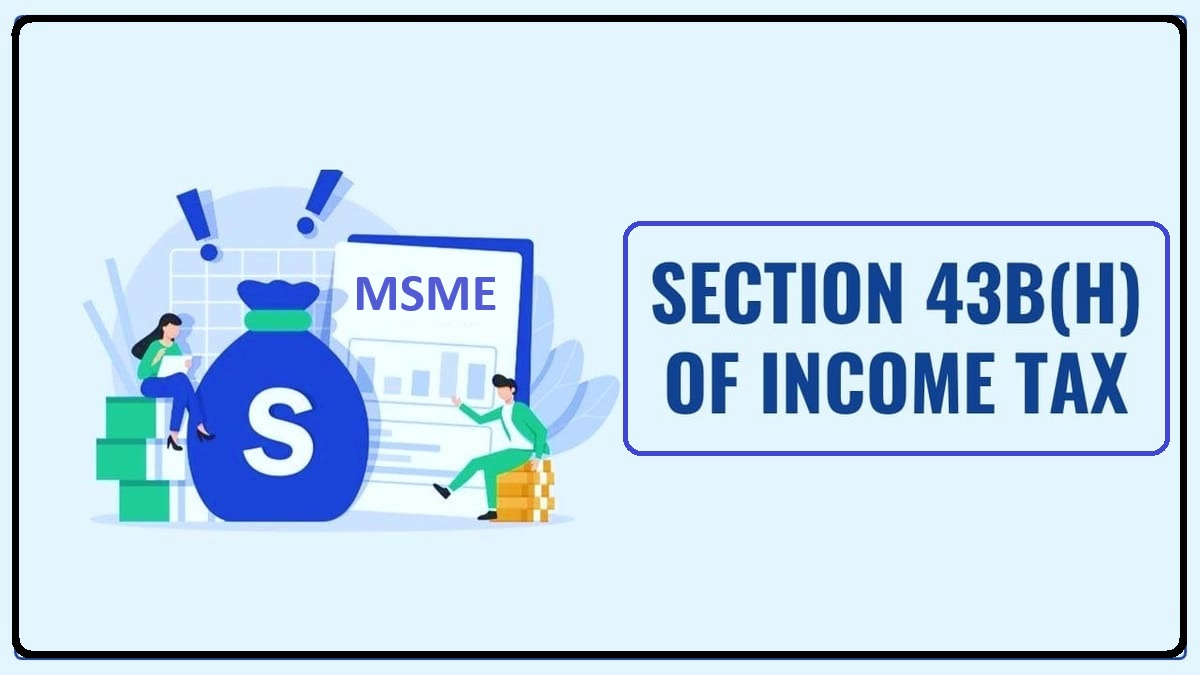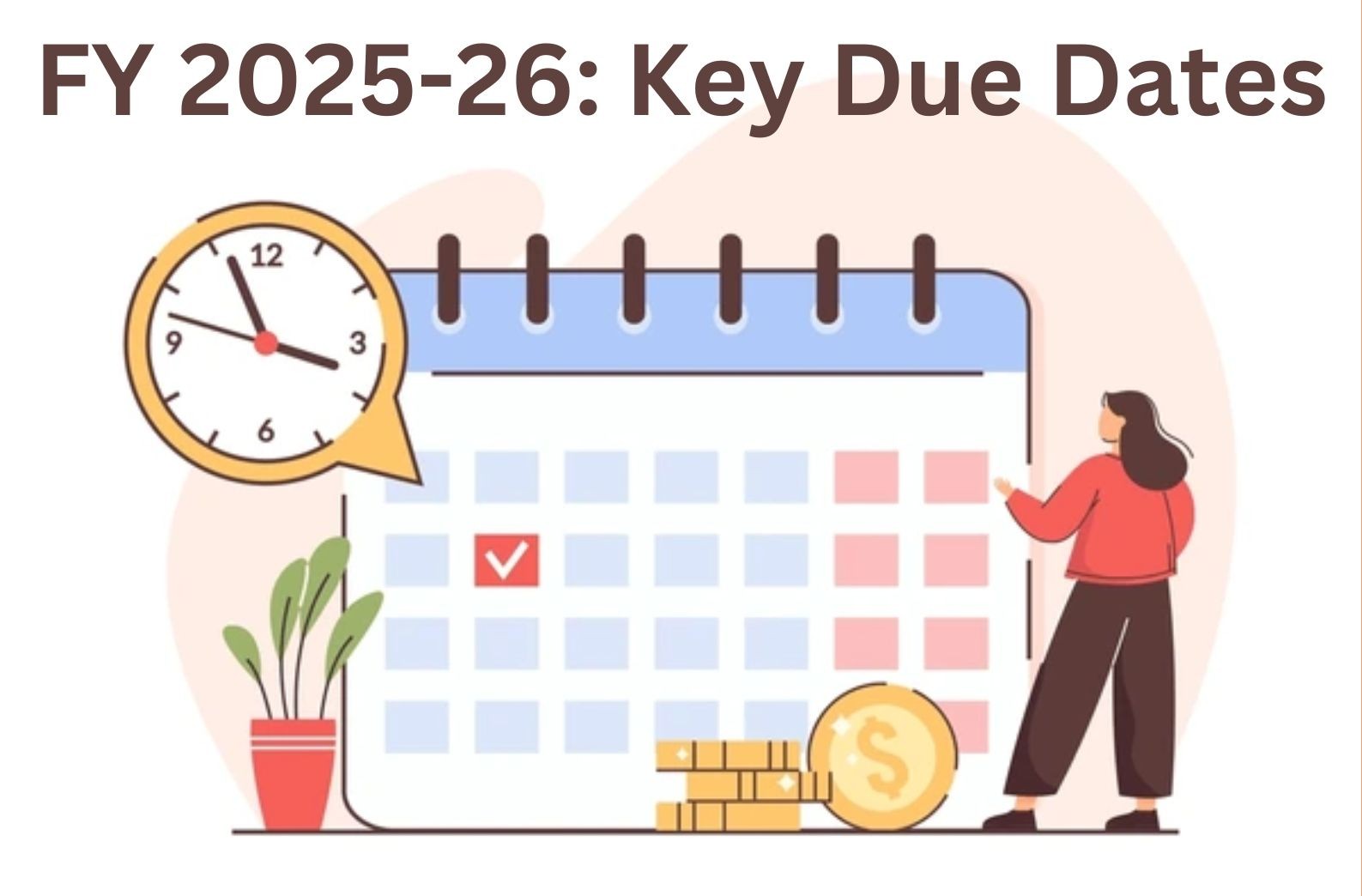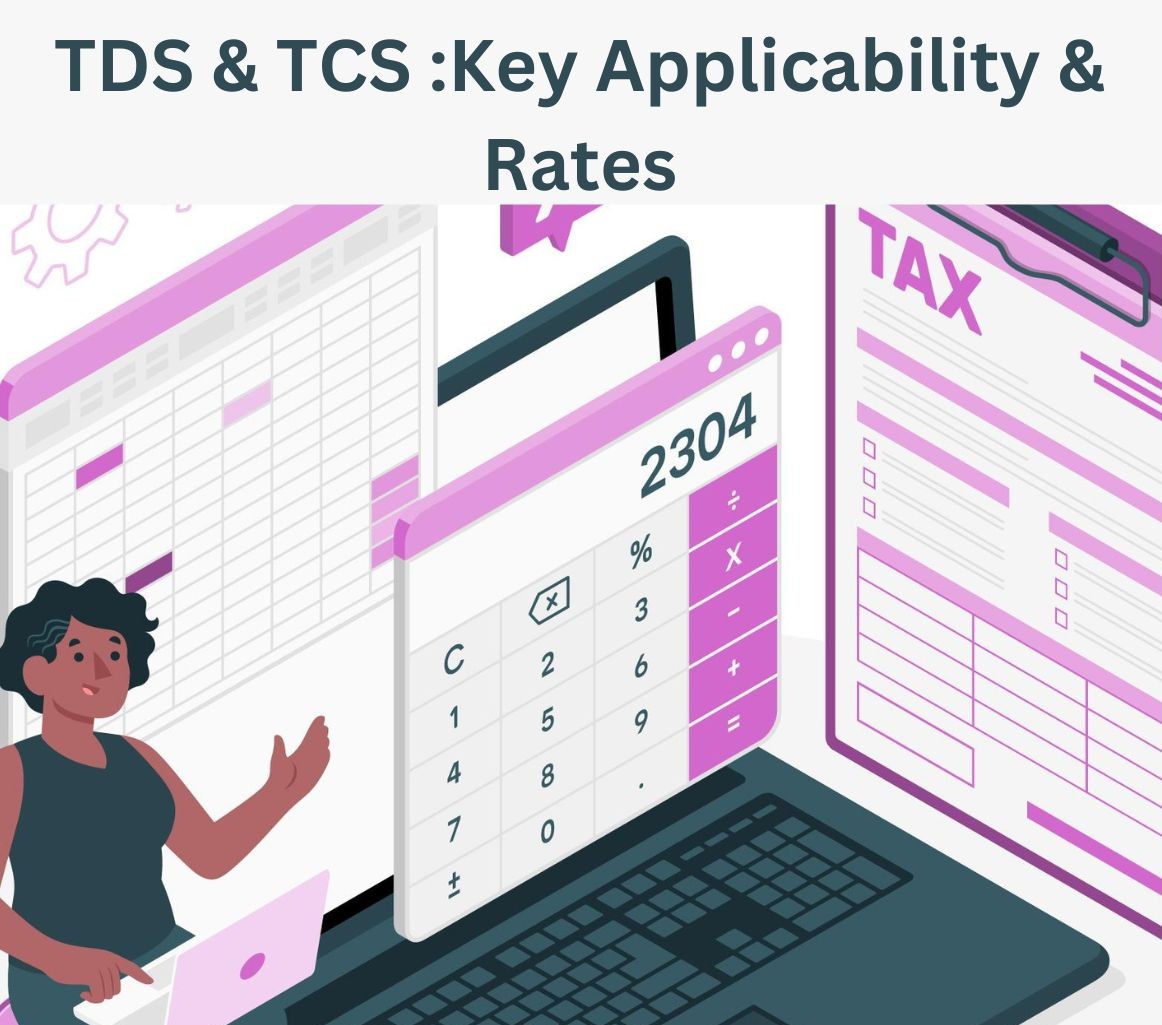Blog Details
13. Effective Budgeting Techniques for Small Businesses in a Tight Economy

Thriving in today’s economy requires more than just hard work—it demands smart financial management. With the right budgeting strategies, small businesses can transform financial planning into a pathway for growth and resilience. This guide highlights actionable techniques to ensure financial stability and unlock your business's full potential.
1. Track All Income and Expenses
Start by maintaining detailed records of all cash inflows and outflows. Use accounting softwares or spreadsheets to track these transactions accurately. This provides a clear picture of where your money is coming from and where it's going.
Utilize technology for accounting and budget management by investing in tools like Tally, QuickBooks, Zoho Books, etc. These platforms can streamline your financial tracking, generate insightful reports, and reduce manual errors.
2. Prioritize Fixed Costs
Identify and prioritize fixed expenses such as rent, salaries, and utilities. Ensuring these are covered first helps maintain the stability of your business.
3. Plan for Variable Costs
Variable expenses, like marketing and travel, should be planned based on past trends and current economic conditions. Allocate a reasonable portion of your budget to these but avoid overspending.
Evaluate the Return on Investment (ROI) of every expense, especially for marketing and expansion initiatives. Invest only in activities that offer measurable returns.
4. Set Realistic Revenue Goals
Work with your Chartered Accountant to prepare revenue projections for your business. Project your revenues conservatively based on historical data, market trends, and current client engagements. Avoid overestimating income to prevent budget shortfalls.
Prepare for multiple scenarios, including best-case, worst-case, and most likely outcomes. This approach ensures you remain prepared for any economic shifts.
5. Build an Emergency Fund
Set aside a portion of your profits for unexpected expenses or economic downturns. This fund can act as a safety net, ensuring business continuity during tough times. Such funds can be parked in fixed deposits (FDs), offering liquidity when needed while earning interest over time.
6. Regularly Review and Adjust Your Budget
A budget is not static. Review it monthly or quarterly to ensure it aligns with your business's current performance and economic conditions. Make necessary adjustments promptly.
7. Leverage Professional Guidance
Consult your Chartered Accountant for expert insights. Your CA can help optimize your budget, identify potential tax savings, and ensure compliance with financial regulations.
8. Monitor Cash Flow Closely
Cash flow is the lifeblood of any small business. Regularly analyze cash flow statements to identify potential gaps and plan for timely interventions.
9. Negotiate with Vendors and Suppliers
Building strong relationships with your suppliers can help you secure better payment terms or discounts. This directly contributes to cost savings and smoother operations.
10. Keep Debt Under Control
Avoid over-reliance on loans. If necessary, opt for low-interest financing and prioritize repayments to maintain a healthy financial standing. Consult with your CA for guidance on availing the benefits of MSME grants & funding schemes.
Involve your team in budgeting decisions. Educating employees about cost-saving measures and financial targets fosters a culture of accountability and efficiency. Remember, budgeting is not just about cutting costs but optimizing your resources to achieve growth and stability. With the right techniques and consistent efforts, small businesses can not only survive but thrive, even in challenging times.
Effective budgeting is the cornerstone of a successful business. Start today, and watch your business thrive with every financial decision!
Copyright | All Rights Reserved H M R R & Associates























